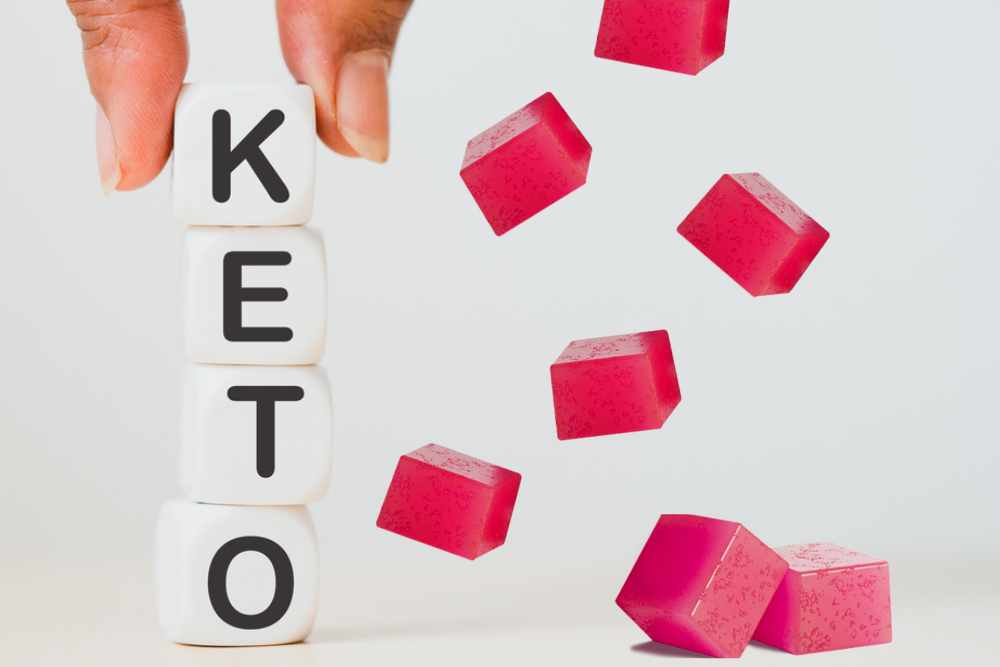* DISCLAIMER: The information in this article is for educational purposes only. It does not exploit or provide medical advice of any kind. Therefore, any reliance you place on the information below is strictly at your own risk. Please check with your medical provider before starting or changing a CBD routine.
NERVE DAMAGE & ASSOCIATON
Nerve pain and neuropathy (damaged nerve cells) have been identified in multiple diseases and illnesses. Clinically, neuropathy has been associated with HIV/AIDS, muscular dystrophy, kidney failure, hereditary motor & sensory neuropathy, compression fractures and breaks, alcohol abuse, diabetes mellitus, peripheral vascular disease and aging.
Although nerves as well as nerve injuries can be characterized in many different ways, the biggest focus surrounding nerve injury and damage is the pain and weakness associated with the injury, along potential inhibition of motor function. Often time neuropathy can pose long-term, unforeseen outcomes due to complexity of nervous tissue and the nervous system itself.
WHAT DOES THE LITERATURE SAY ABOUT CBD?
A systematic review of the literature in 2006 by Iskedjian et al. compiled multiple studies, which examined neuropathic pain of 298 participants in response to cannabidiol (CBD) versus a placebo. Measurement of pain was subjective to an 11-point ordinal scale or a visual analogue scale amongst the studies examined. The study was able to conclude that in response to CBD administration, there was a statistically significant decrease in subjective pain score measures amongst the cannabis group in relationship to the placebo group. In addition biochemical analysis in animal models have expressed reductions in oxidative stress by CBD administration. Data would suggest that CBD attenuates destructive effects on neurons by decreasing oxidative stress and ultimately providing protection to the myelination of neurons (protective lining of the cells) Sajjadian et al., 2017.
Although further research in the area of the central and peripheral nervous system in response to cannabis is needed to be conclusive, investigators are now on the breaking point of the abolishment of federal legislation over hemp products. This will open up a whole new avenue of clinical and academic research that can take place in human models within the institutions that are paving the way for medical and pharmaceutical research.
References:
- Iskedjian M, Bereza B, Gordon A, Piwko C, Einarson TR. Meta-analysis of cannabis based treatments for neuropathic and multiple sclerosis-related pain. Curr Med Res Opin2007;
- SAJJADIAN, Maryam et al. Protective effects of cannabidiol on cuprizone-induced demyelination in C57BL/6 mice. Journal of Contemporary Medical Sciences, [S.l.], v. 3, n. 11, p. 278-283, sep. 2017. ISSN 2413-0516.
Kai Pattison, M.S.
Nanocraft Sciences
Athlete Relations x Physiologist
Kai Pattison was born and raised on the North Shore of Oahu, Hawaii. Kai graduated with a Master’s degree in clinical physiology from Point Loma Nazarene University. He is very passionate about human physiology and the applications in sport performance, recovery and clinical diagnostics. Kai has specialized in cardiopulmonary diagnostics, exercise induced energy expenditure and metabolism. Kai has also gained extensive research experience at UCSD on Parkinson’s disease. He enjoys educating and informing people on the importance of exercise to reduce risk of multiple inflammatory diseases, such as diabetes and heart disease. His passion for alternative medicine enables him to strive when promoting health and wellness.
Tagged under














No comments yet!
Be the first to comment